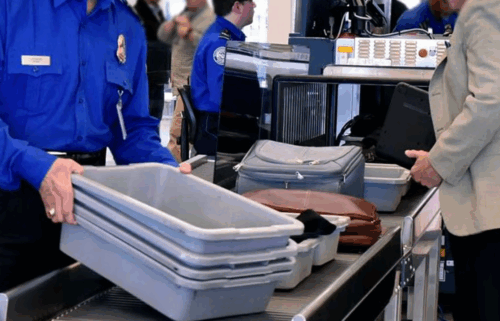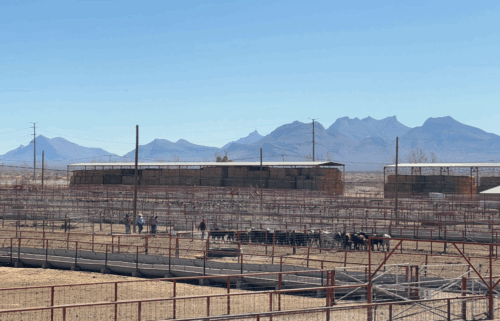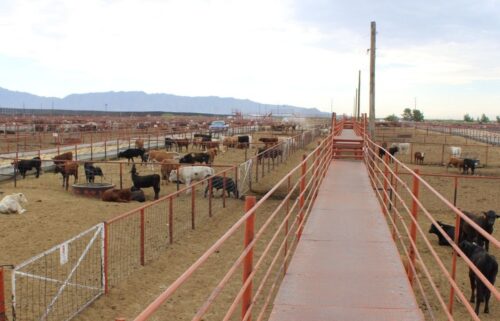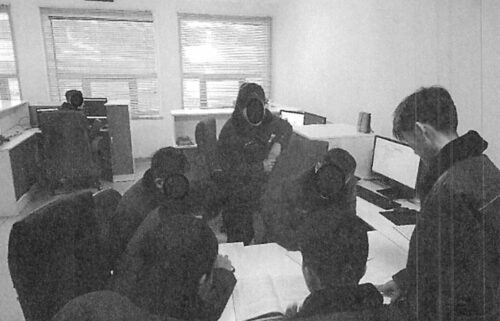What Washington’s inaugural address can teach us
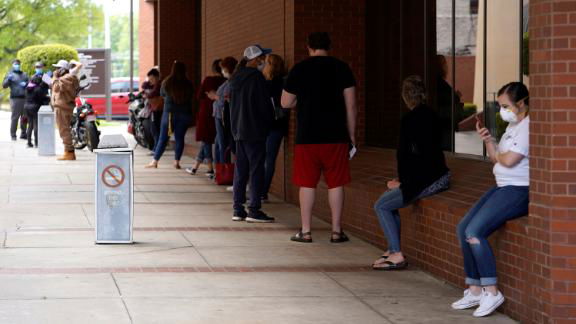
It was morning again in America.
On April 30th, 1789, George Washington took the oath of office and became the first president of the United States of America.
The intersection of Broad and Wall Streets in lower Manhattan were packed with jubilant citizens. They had suffered through the British occupation during the war for independence and the chaos of the Articles of the Confederation, when the young nation looked like it might fall apart with too weak a central government. Now there was new optimism in the spring air.
Washington strode out onto the second-floor terrace of Federal Hall in a brown, American-made suit with a ceremonial sword as he read the first inaugural address — a reminder of the responsibilities that come with self-government.
“There is no truth more thoroughly established, than that there exists in the economy and course of nature, an indissoluble union between virtue and happiness, between duty and advantage, between the genuine maxims of an honest and magnanimous policy, and the solid rewards of public prosperity and felicity,” Washington said.
His words retain their power almost a quarter of a millennium later as the streets of New York are cloaked in silence during the pandemic.
Within the realm of things we can control, virtue is a dependable path to happiness, though many of us look for shortcuts instead. There should be also a direct connection between privilege and social responsibility. Finally, Washington supported honest and generous policies, which he said would lead to public prosperity and civic happiness.
It is a wise policy to help people up when they’re down. Today, this extends to relief for small businesses as well as states that are struggling. But it also gets to the heart of what it means to be a good citizen as well as a public servant. The goal of our politics is not to engage in partisan warfare — it’s to solve common problems. The core of Washington’s wisdom was recognizing that our independence as a nation is directly connected to our interdependence as a people.
Since Washington took that first oath of office, we have been through a lot as a nation. One constant is that we ultimately come together in a crisis.
But we’re struggling to find that same unifying spirit today. We have a president who spreads misinformation, and attacks governors and the press. We see fringe groups calling for a second civil war and armed militias protest orders to stay at home. We see our leaders relying not on science but on disinformation circulating on social media.
These voices may be loud, but they do not represent the deeper character of our country. And that’s the word Washington implied was required for the success of our experiment in self-government: character. Being a character is, of course, different than having character. It means honesty and integrity and doing the right thing, especially during difficult times.
Democracy depends on great civic debates about different ways to achieve common goals. But the concept of the common good has been poisoned by the polarization of our politics, even when it’s very clear that we all want to reduce the number of deaths and infections while getting our economy moving again.
How we get there will look different in different parts of the country. It will require strengthening the social safety net, at least for a time: protecting small businesses from going under, requiring transparency from big businesses that receive multi-million dollar taxpayer bailouts and ensuring that we have essential manufacturing capabilities here in the United States going forward. It means doing these things while protecting the Bill of Rights, which were drafted in Federal Hall during Washington’s first term.
History has its eyes on us, as the musical “Hamilton” reminds us. We will get through this. We’ve been through far worse. But we will be judged by our individual and collective response to this crisis. We do this not for ourselves alone. As Washington warned in that first inaugural, “the preservation of the sacred fire of liberty, and the destiny of the republican model of government, are justly considered as deeply, perhaps as finally staked, on the experiment entrusted to the hands of the American people.”
That’s us now. It is our opportunity and responsibility to show, once again, that American democracy is stronger than any authoritarian system that promises more efficiency through less accountability. While the death toll is staggering and the economy is contracting with stomach-churning speed, now is the time to come together as a country, to try and uphold the civic ideals Washington described — especially if our leaders do not.

